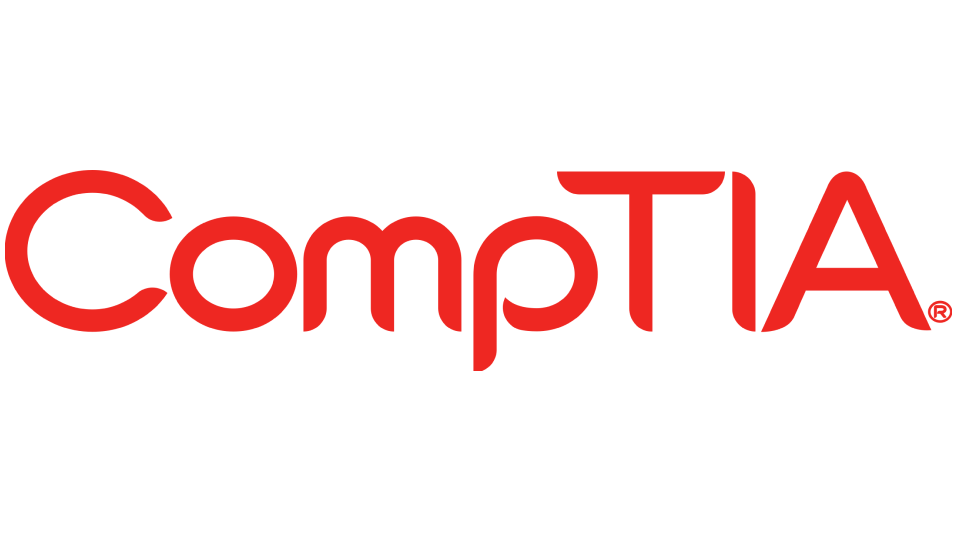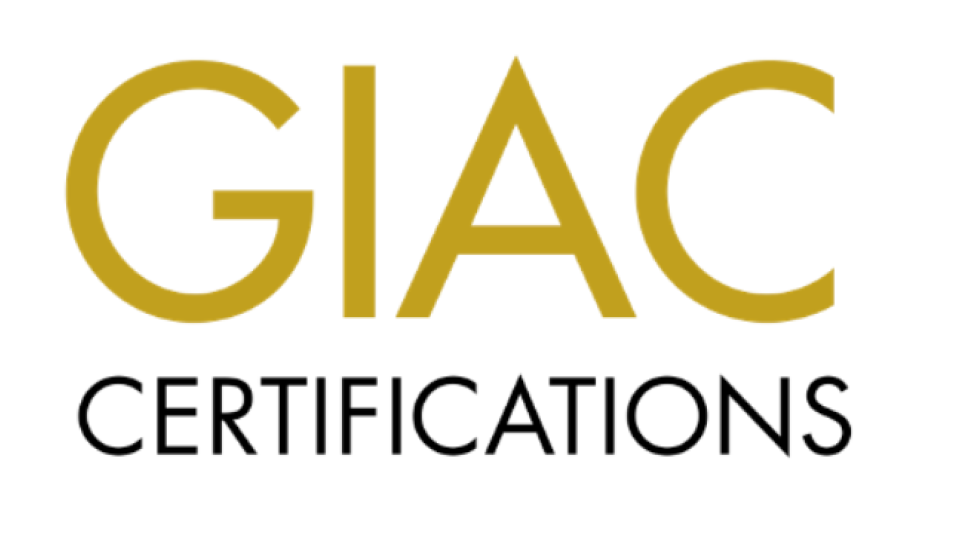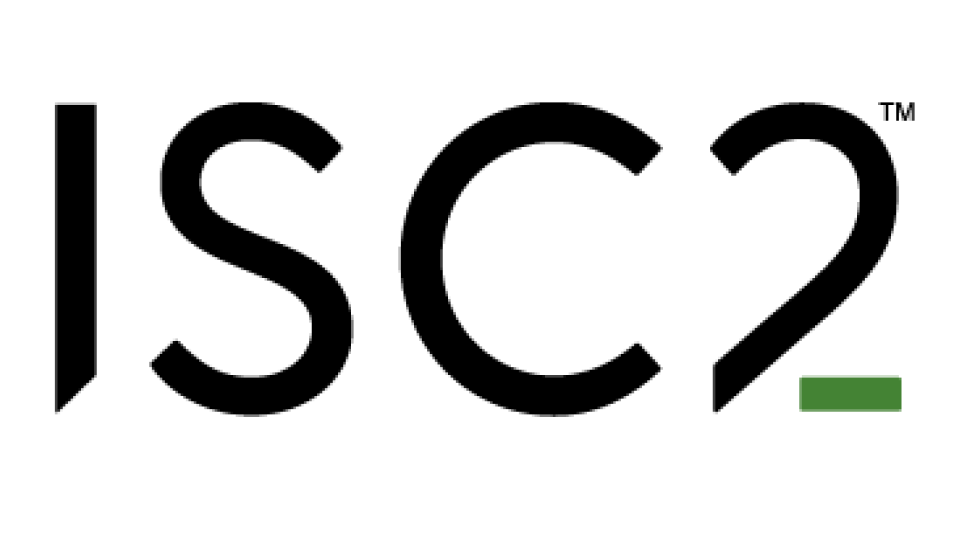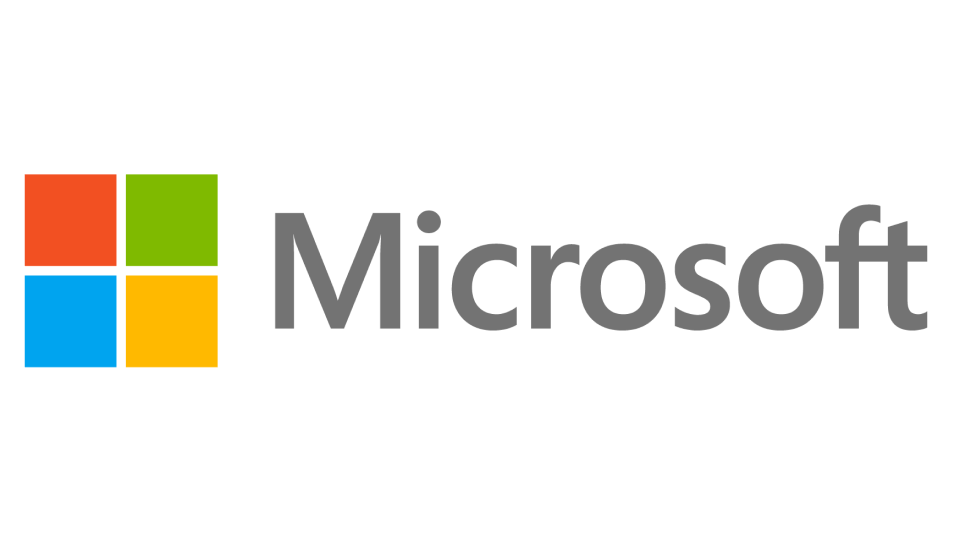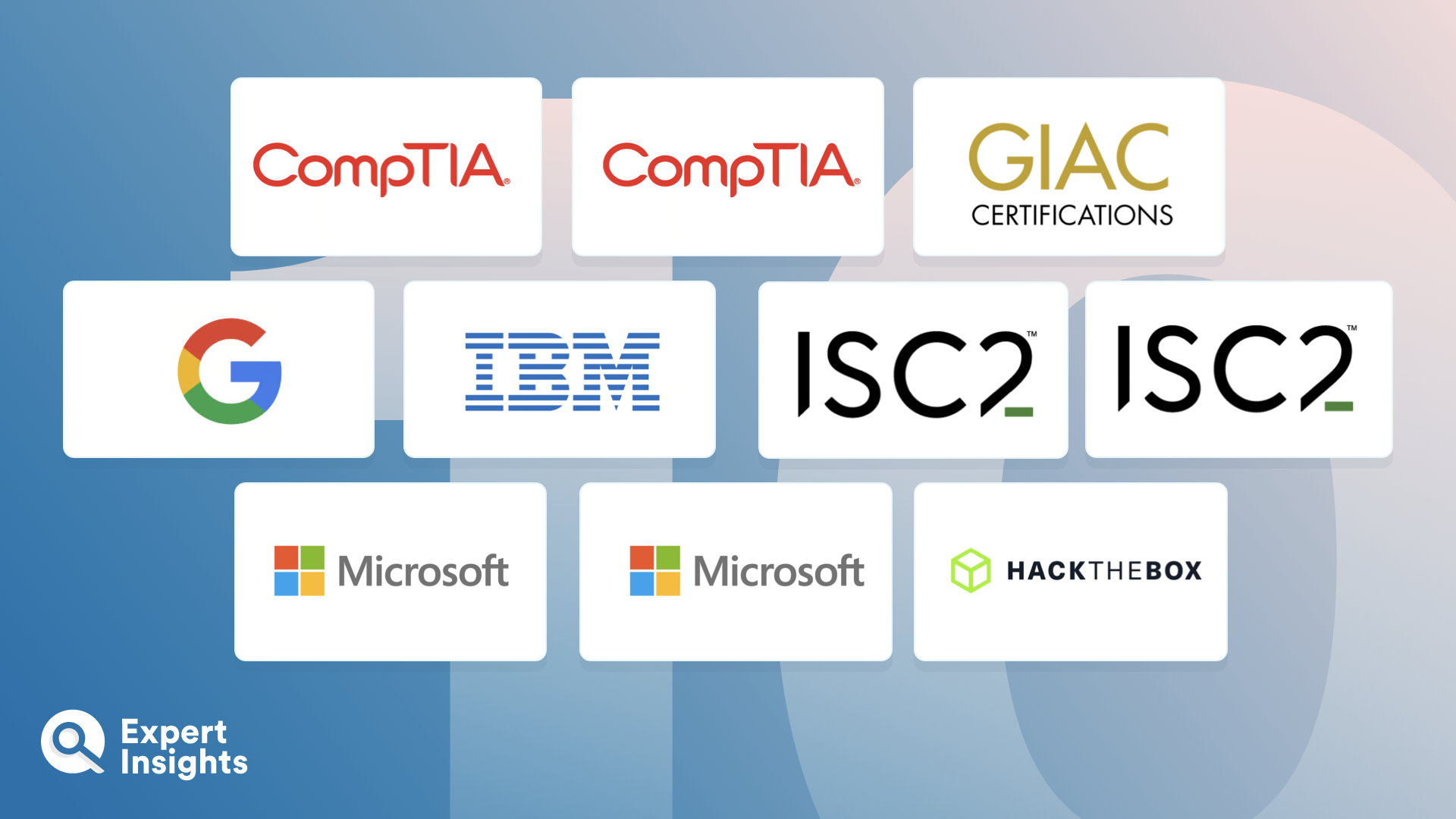Cybersecurity courses and training programs are educational initiatives that provide individuals with the knowledge and skills necessary to safeguard digital systems, networks, and data from cyberthreats. Through a combination of lectures, hands-on exercises, and real-world simulations, they give participants practical experience in identifying vulnerabilities, implementing security measures, and responding to cyber incidents.
In addition to training them how to tackle cyberthreats, these training programs also help enhance their participants’ career prospects by giving them in-demand skills sought after by employers across various industries. They also give participants access to a community of cybersecurity professionals, facilitating networking opportunities, knowledge sharing, and collaboration.
In this article, we’ll explore the top cybersecurity courses and training programs offering skill development and opportunities for certification. We’ll highlight the key use cases and features of each solution, including the comprehensiveness of their syllabus, supported modes of study, and value in the job market.
It’s important to note that some of these are beginner level courses, while others are much more advanced. Anyone considering participating in these courses should make sure they select a course that is relevant to their current level of training.



